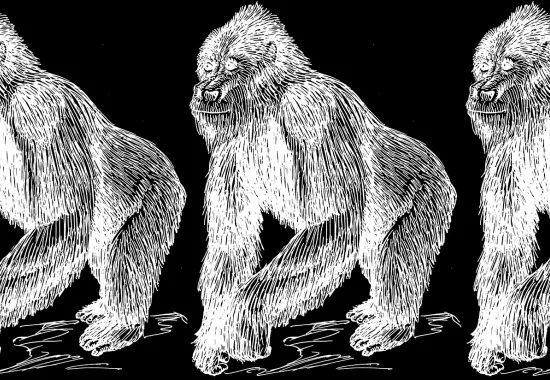The Process of Writing "The Treasure Map"
“When you can move through a house blindfolded, it belongs to you.” This quote from Michael Ondaatje’s brief prose piece, “Her House” describes a woman living alone, every inch of her house as familiar to her as an expression of her being. When I begin a story, I try for a similar feeling of familiarity, as if the story is a house I want to know well. I may have to live there a while, but I tell myself that my story should be something only I can write. When I can answer yes, then I have permission (in a sense) from the characters and their sensibilities to at least give it a try.
I’m constantly moving through a larger house, blindfolded, listening for clues, as I study each item in the immense archive of documents I’ve inherited from relatives. My file cabinets are full of family history documents: letters (some of them love letters) photographs and tintypes, flying licenses, graduation certificates, diaries, and autograph books from as far back as the Civil War. There is more abundance than I will ever be able to write about in fiction or enter into a family history. I’m getting to know people–most of whom I’ve never met–through these documents and stories passed to me from family keepers of the information they once found precious.
My grandmother was one of those great keepers of letters. One day, several years ago, my mother and I sat and laughed over one of the bundles of letters she had left for us to find after her death. They were written by one of my mother’s uncles, my model for Tommy. One of the letters he wrote to my grandparents during World War II was the basis for the letter in “The Treasure Map.” I could never have made up such language and sensibilities. His words set me thinking about a handful of my great-uncles who never married, capable men who drifted from one menial job to the next during the Great Depression, and the loneliness of their lives. One of these capable men, Tommy, was the only one of his brothers who wrote letters, and so he lives on.
I knew Tommy only slightly when I was a child. I kept my distance–he was grumpy, I thought–but became intrigued with his letters as an adult when I realized how much they revealed of his emotional life. When my mother confided the odd statement that Great Uncle Tommy had hung around bothering my grandmother after my grandfather died, I came to attention. I looked closer at the photographs and letters, and a story slowly began to emerge. All of the scenes are from my own imagination; the deeper sensibilities of both characters, while true (I hope) to their models, are also my own projections. The daring and intimidating part of writing fiction, the danger of using real family members as models, is that we must convince ourselves that we can allow our characters to say aloud and express feelings their models could not admit to, to allow them actions and words they didn’t actually say or do, to allow them thoughts they might never have let themselves think.
My grandmother would never have admitted any affection for real-life Tommy. Still, when she sorted through and discarded many old documents in the months before her death, she decided to keep his letters. Interesting.
Read “The Treasure Map” in the Summer/Fall 2020 Issue
Recommended
Schizophrenic Sedona
Recense (realized)
Notes on Hands






